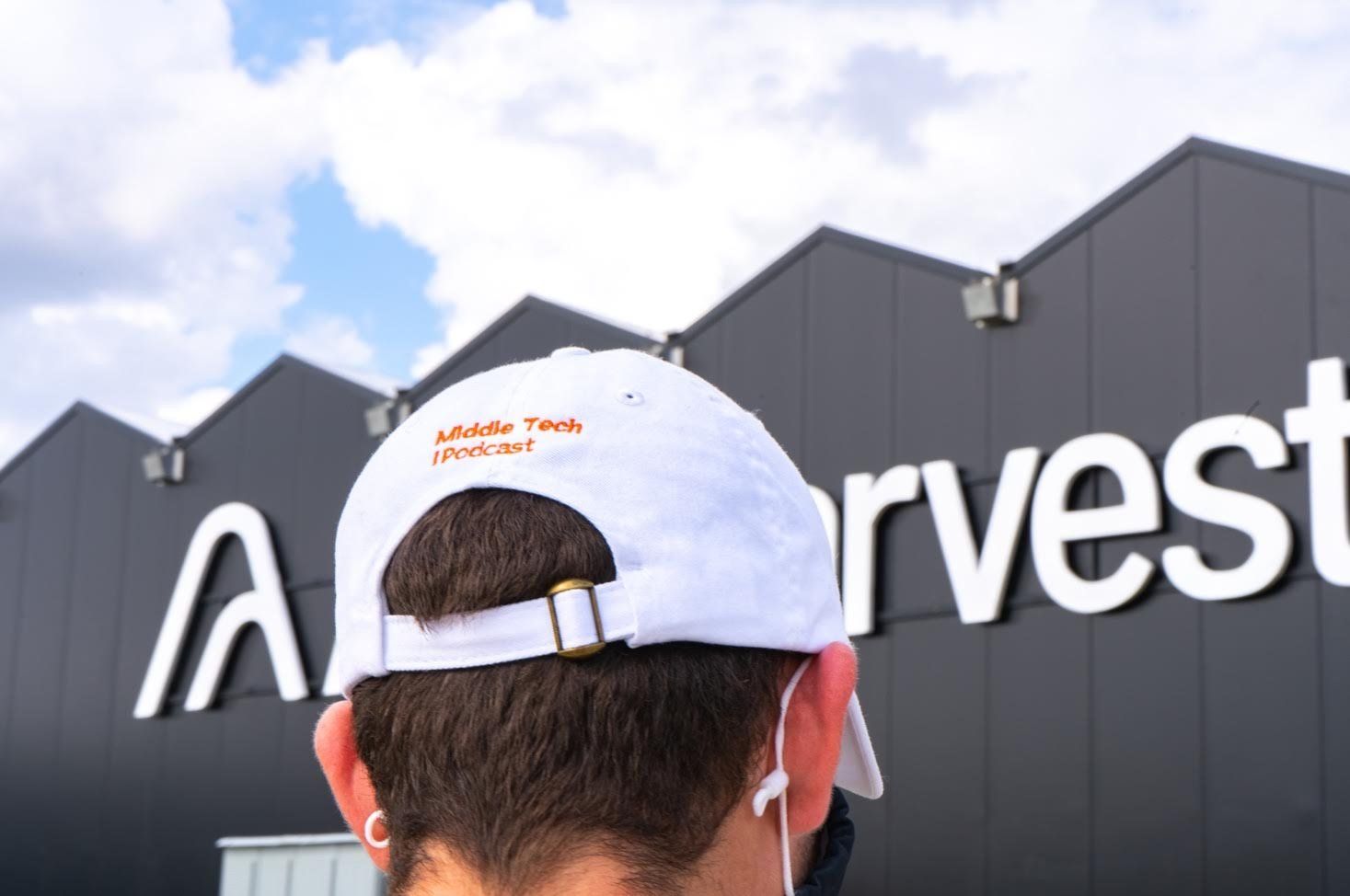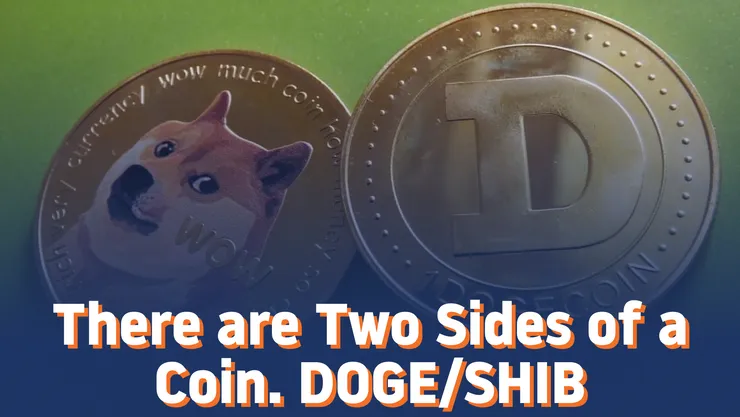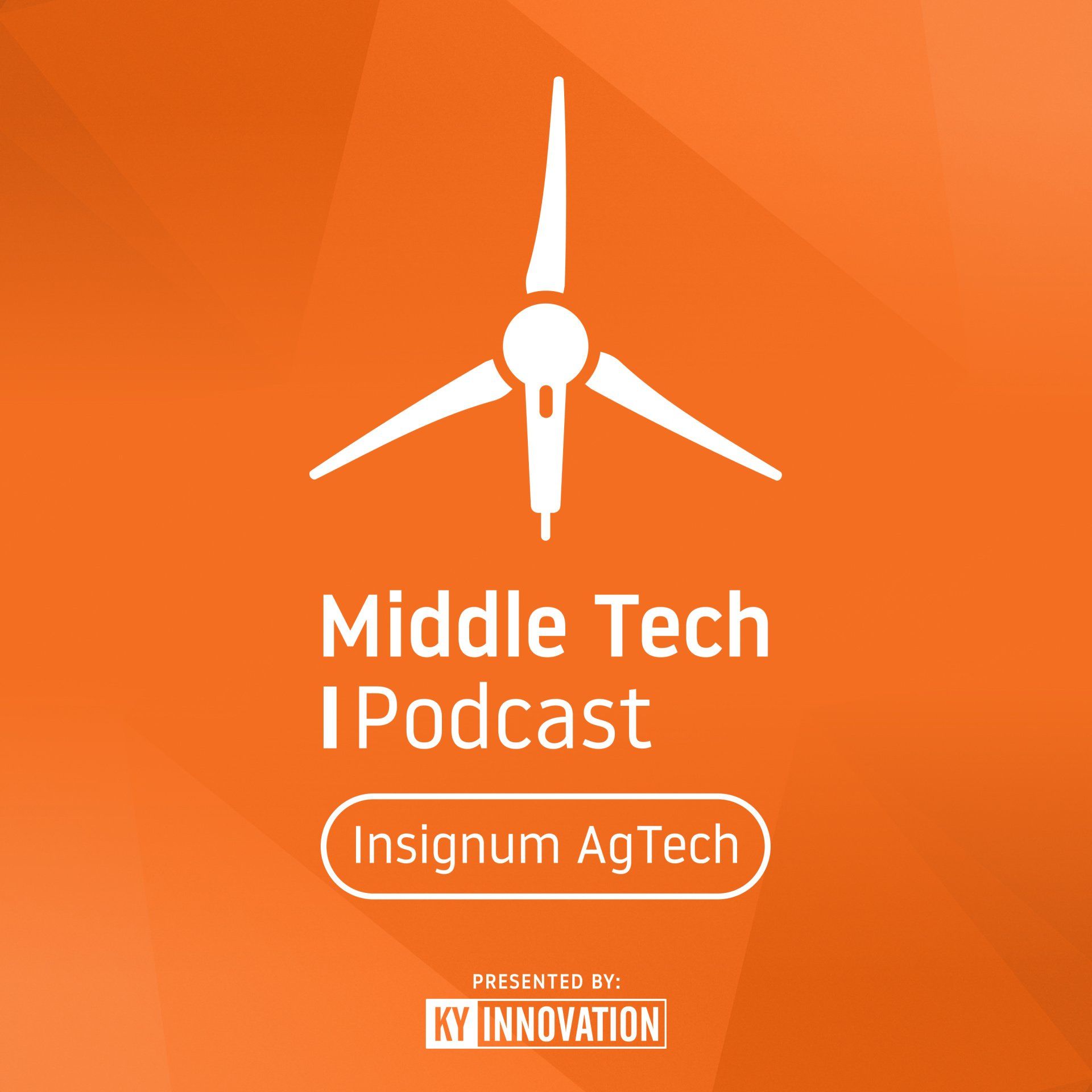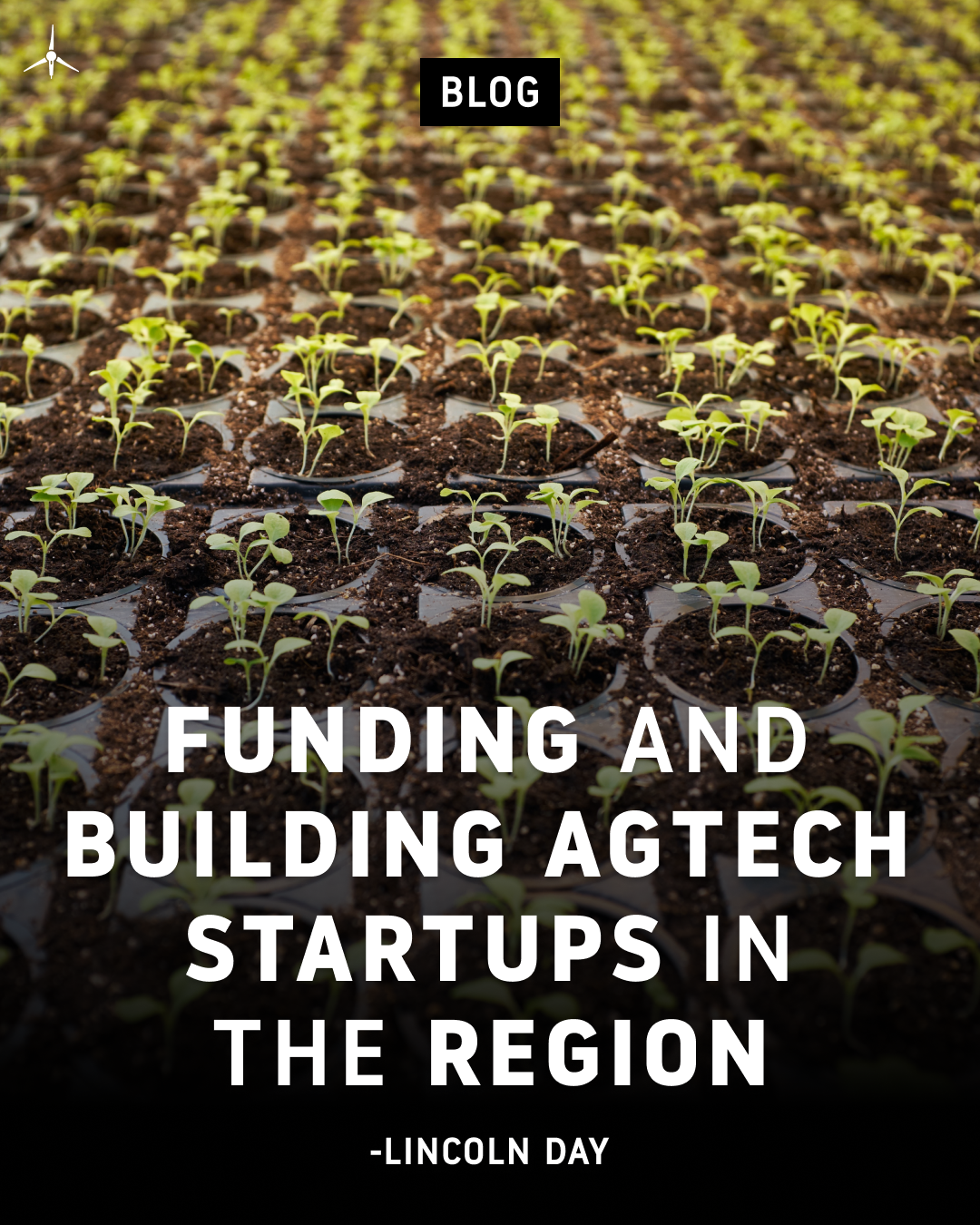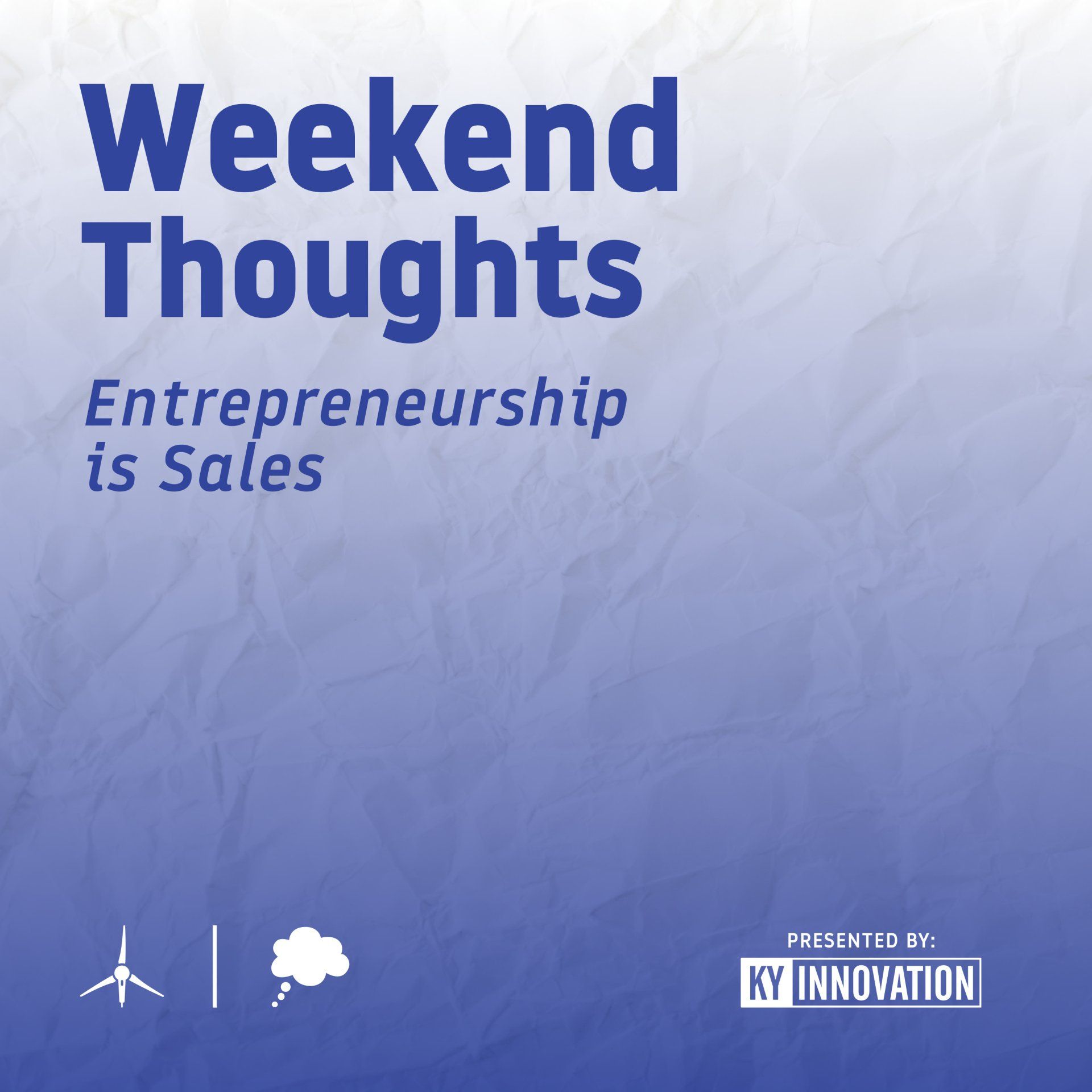Building a More Resilient Supply Chain With Circular Ag-tech
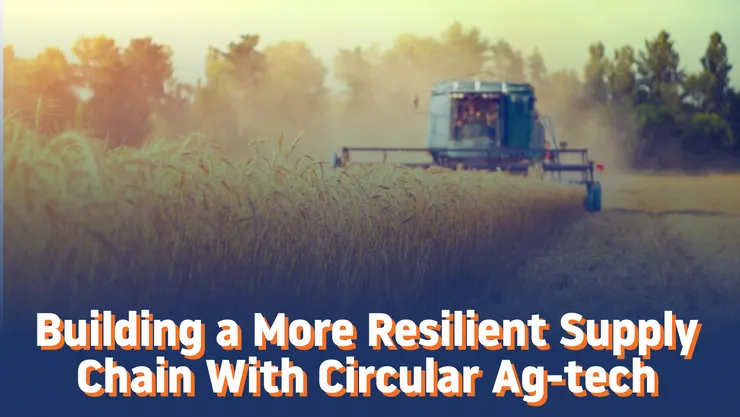
Ag-tech and the food supply chain have been at the forefront of investors’ minds since the COVID-19 pandemic began in early 2020. Grocery and worker shortages forced businesses to rethink their supply chain and production models to include a more resilient system. During pre-pandemic life, many parts of American company's supply chains included international entities - even companies like Kroger imported produce from Mexico. When companies were mandated to close during the pandemic, there was a realization that just because the supply chain model was efficient doesn’t mean that it is resilient. Now, companies like AppHarvest and Full Harvest are showing that it’s possible to bring food production back to the United States using new and existing technologies. This is great – and it’s something that all of us should advocate for in all industries, not just agriculture. However, what isn’t being discussed is what happens to all of our American-made food and produce once it’s thrown away?
Landfills are nasty places. They smell and are large emitters of both air and ground pollution. Most of the emissions consist of two compounds: carbon dioxide (CO2) and methane (CH4). According to the EPA landfills are the “third-largest source of human-related methane emissions in the United States.” First are Natural Gas and Petroleum Systems, followed by enteric fermentation [read cow burps]. There are companies that are working on carbon capture and methane reduction in the oil and gas industry as well as companies that are developing livestock feed that decrease the emissions of flatulence But what isn’t happening on a large scale is landfill diversion of food waste.
Composting or aerobic digestion dates back to at least the times of the Roman Empire. It has been used for centuries and is a tried-and-true way to break down organic matter like food, manure, grass clippings, and other plant matter into a usable product that returns nutrients back into the ground. This means that you can take food waste and turn it into usable, marketable material through the act of composting. This process is relatively simple and doesn’t require a lot of up-front capital or infrastructure.
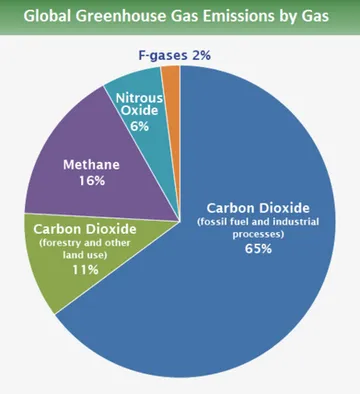
Another type of organic waste technology that has gained traction over the last decade is anaerobic digestion. This is a process by which microorganisms break down organic material in the absence of oxygen. Using this method of waste management, the breakdown process takes place in an enclosed module that allows for the capture of methane and carbon dioxide. Once captured, the methane can be refined and used as biogas for energy consumption – which at scale can reduce natural gas usage.

The EPA states that food makes up 22% of the waste found in landfills. If we can reduce the main emitter of greenhouse gasses from landfills and turn them into renewable energy and organic fertilizers this will not only contribute to a carbon-neutral future, but it will also create jobs and revenue streams from what has historically been viewed as poop and trash.
